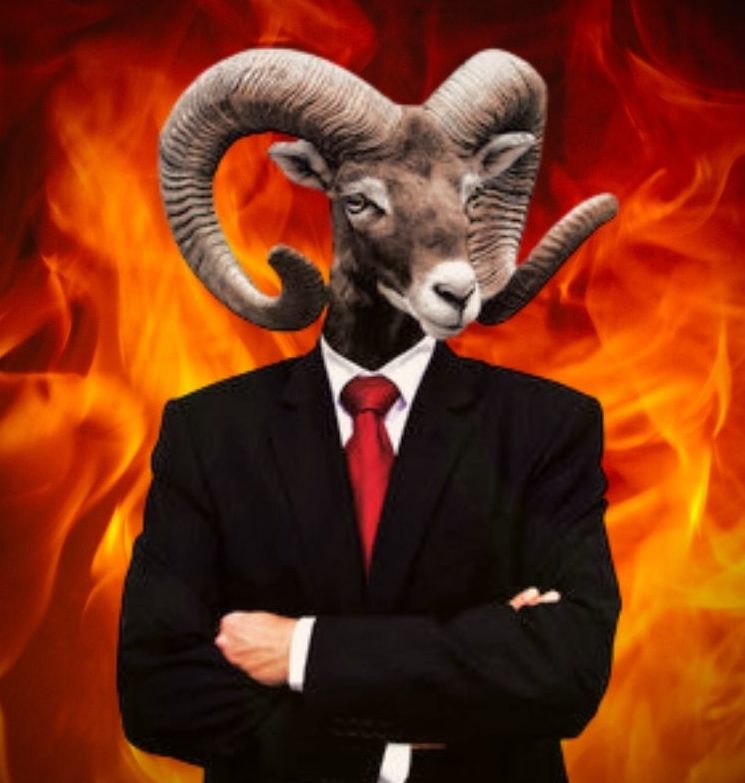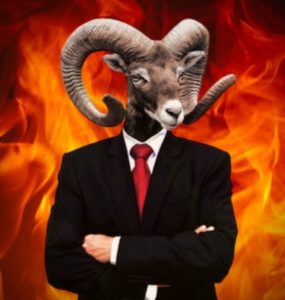
25 Oct Trick or Treat; a Jewish perspective of Halloween

WHAT’S HALLOWEEN ALL ABOUT…
AND WHAT DOES IT MEAN TO A JEW?
IT IS ALWAYS THE TIME FOR JEWISH PEOPLE TO GUARD AGAINST ASSIMILATION.
ASSIMILATION BREAKS THE SOUL AND POWER OF JEWISH UNITY.
I have memories of having a lot of fun on Halloween, but having acquired a more meaningful Jewish awareness brings new meaning to the true cost of having some fun.
Jewish unity is the most powerful tool we have against forces that choose to oppress or annihilate the presence of Jews and Israel.
Engaging in activities that compromise and break our unity through transgression and assimilation even if briefly, can have damaging effects.
Jewish Virtual Library
Halloween, also known as All Hallows’ Eve or All Saints’ Day, originated as a Celtic holiday that was celebrated by Druids, the priests of a religious order in ancient Gaul and Britain. The celebration marked the end of summer harvest season and pumpkins, cornstalks and other similar products of the earth were used in the feasting and merrymaking.
In the eighth century, the Catholic Church realized it was failing in efforts to keep Christians from celebrating the pagan holiday and decided to incorporate Halloween into the Christian calendar. The holiday would be celebrated on the first of November as a day honoring all saints, hence the name All Saints’ Day. The night before, October 31, was called “holy [hallowed] evening,” and many of the old pagan, Druid practices were retained in the Christian celebration, including the tradition to dress up as ghosts, goblins, witches, fairies, elves and other mythical creatures.
Today, Halloween is celebrated in a number of countries around the world, including the United States, with customary practices that include trick-or-treating, costume parties, lighting bonfires and visiting haunted houses. Because we have heard the phrase ‘trick or treat’ for so long, we have probably lost its authentic meaning. Simply put, children are asking for some sort of treat… typically ‘candy’ . If it is not given there is the threat of a ‘negative’ consequence… the trick. It seems on the surface to be quite innocent, but it is actually modelling extortion, but many accept it in the name of ‘fun’. This is not a Jewish value.
While many North American non-Orthodox Jews do tend to celebrate the irreligious traditions of Halloween, halacha prohibits Jewish participation in this ‘holiday’.
There are various reasons for the Jewish prohibition. Mainly, Jews are forbidden by the Torah to partake in “gentile customs,” a prohibition derived from Leviticus 18:3. This edict has been used by Jewish religious leaders as a source to determine the dress code and permissible behavior of the Jewish community throughout history.
Jews are also not allowed to partake in non-Jewish or idolatrous worship, per the Ten Commandments. Halloween, having both pagan and Catholic backgrounds, is deemed a gentile festival and is therefore forbidden to Jews.
That being said, despite Halloween’s religious origins most Americans consider the holiday to be a national tradition – much like Thanksgiving, without recognizing the attachment of any religious significance. Many American Jews have incorrectly adopted this interpretation of the tradition with the understanding that the holiday has only a secular meaning.
From a Jewish perspective, holiday origins do not simply disappear over time, so Halloween would still be considered a religious holiday- gentile in nature and ultimately against Jewish law.
ASSIMILATION … IT’S A TRICK, NOT A TREAT!
Leib Getzel (Lawrence) Lax
Addictions and Counseling (Honors)
www.lawrencelax.com